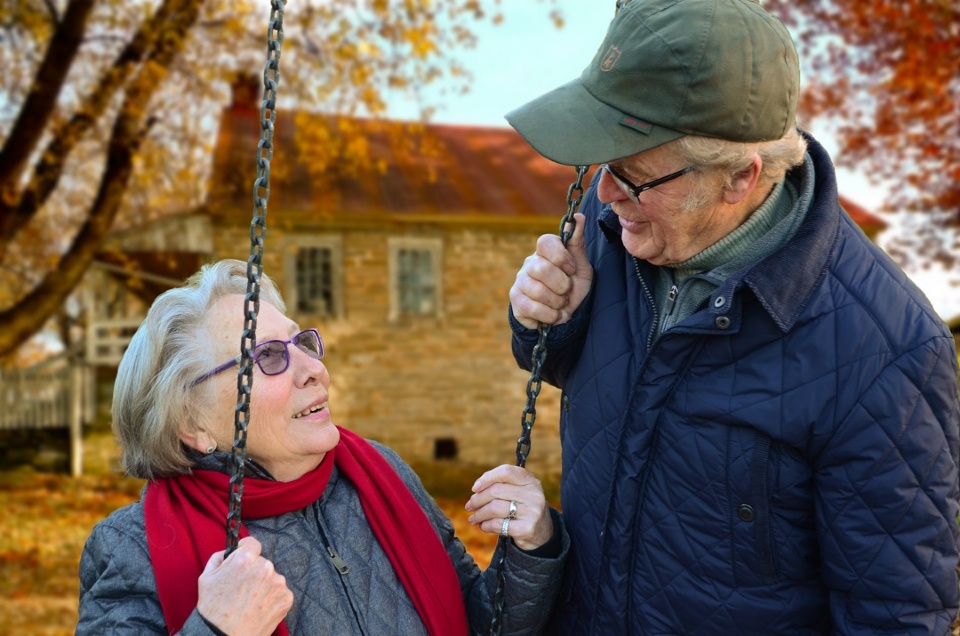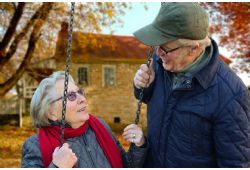It is estimated that
caregivers fulfil 80 per cent of the needs of seniors who are ill or
experiencing loss of autonomy. Recent research has uncovered a little-known reality;
abuse experienced by caregivers.
There are four types of
abuse towards the caregivers of seniors. In a caring relationship, each means
well and seeks to make the other person happy. When we take care of a
vulnerable or sick loved one, this mutual caring allows each person to feel
respected and appreciated.
Sophie
Éthier, a researcher interested in the reality of caregivers, and her team,
have been focusing on this subject and were able to identify four types of
abuse that caregivers may experience, according to research book, La maltraitance envers les
proches aidants ; un risque occulté de la proche abidance.
- Institutional abuse. Through its workers who do not recognize the needs and limits expressed by caregivers, by ignoring the caregiver’s right to choose or through its structures and standards that are not adapted to the particular situations of caregivers.
- Abuse by friends and family. By not understanding or ignoring the needs of the caregiver, by questioning or criticizing their actions and decisions.
- Abuse by the care receiver. Whose disease, comments and repetitive or aggressive behaviour harm the caregiver who receives no recognition for the care provided.
- Abuse by the caregiver themselves. By not respecting their basic needs or by rejecting suggested help, and also by setting high expectations of themselves that are difficult to meet and then lead to a strong feeling of guilt.
Care receivers, workers or friends and family generally do not intend to cause harm or do not understand the harm caused to the caregiver. Often, all of this is done unknowingly and unintentionally, although this can sometimes be the case. However, the result is the same; there is a risk to the caregiver’s health.
To prevent abuse, several avenues were explored by the researchers of the above-mentioned book. Day-to-day, every situation is different and there are many paths. To discuss a particular situation, or if you believe you are a victim or witness of abuse and do not know how to address it, or if you feel helpless, contact Caregiver Support by telephone at 1-855-852-7784 or by email at info-aidant@lappui.org.
On l’Appui Laval’s website, you will find several videos in the Santé psychologique2 – mental health – tab, in which a speaker covers various topics for caregivers. For example, the video Lâcher prise features two simple means of connecting with the present moment to reflect, rest and recharge, to find balance and stay the course with your loved one. Showing kindness to yourself is essential for showing kindness in relationships.
In Laval, a forum will be held on November 6, 2019 as part of National Caregiver Week to share the results of an action-research project on the realities of abuse experienced by caregivers. Tools will be presented and caregivers will be able to share their viewpoints on them. Finally, a panel will be called upon to take stock of the situation in Laval. For more information on the event, visit the Association Lavalloise des Personnes Aidantes website at aldpa.org or the News section of l’Appui Laval’s website at lappui.org/Laval.
ÉTHIER, S., FORTIER, M., PERROUX, M., GUAY, M-C., BOISCLAIR, F., BEAULIEU, M., MAILLÉ, I., ANDRIANOVA, A., La maltraitance envers les proches aidants ; un risque occulté de la proche aidance [Caregiver abuse; a hidden risk of caregiving], Université Laval – Faculty of Social Sciences – School of Social Work and Criminology
L’Appui’s website; www.lappui.org/Conseils-pratiques/Emissions-sur-la-proche-aidance/Comme-un-phare

 In The Latest Issue:
In The Latest Issue:


 BY:
BY: 

Tweet
Share